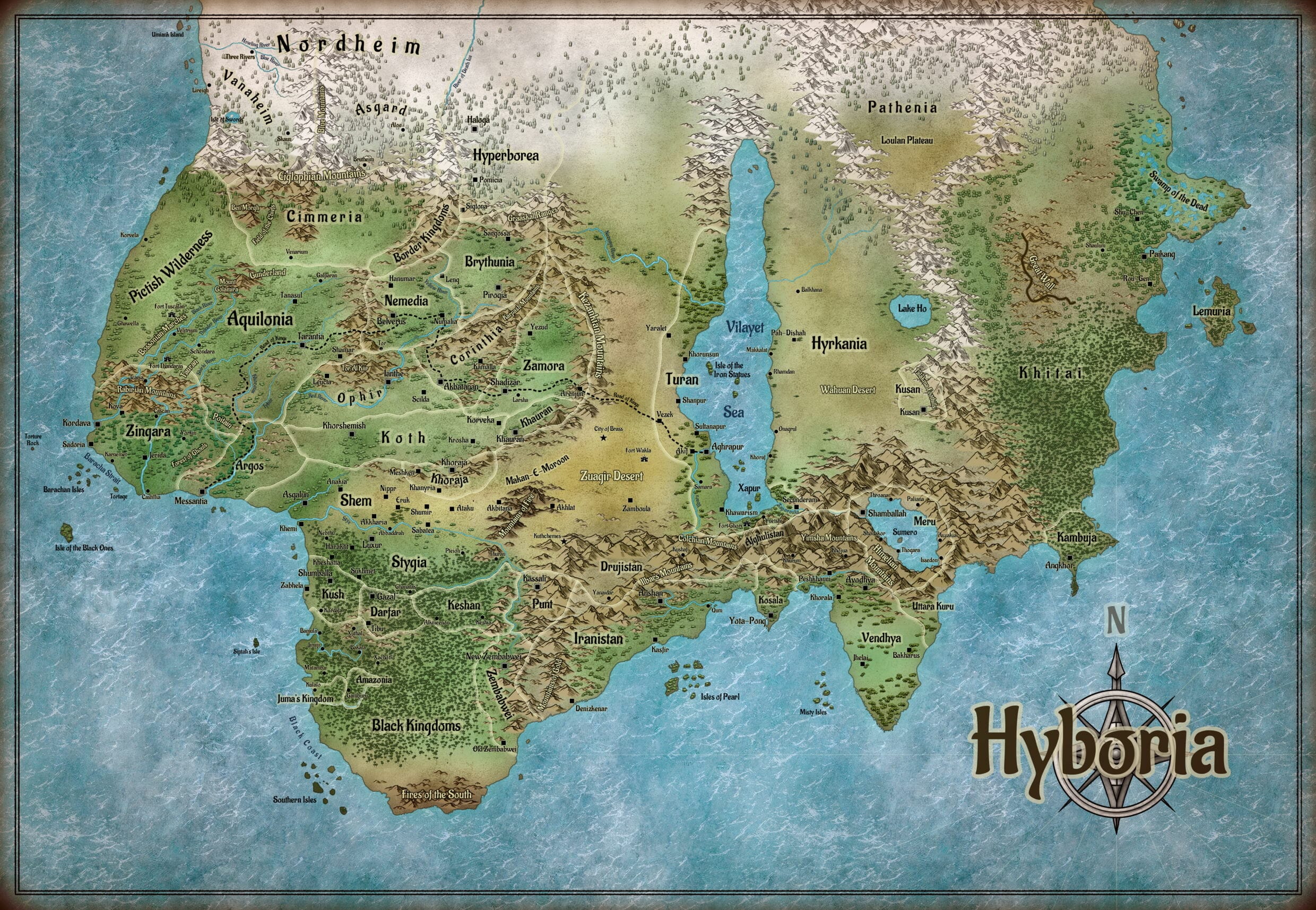Mannahnin
Scion of Murgen (He/Him)
I think Bedrockgames is more on target with the Manson family reference. Murderous cult groups like Manson's, or Jonestown in 1978, were recent history/current events when the movie was made. So the idea of Thulsa Doom drawing all these spiritual seekers to be mindless followers while being a murderous villain would be a topical theme. The Nietzche quote seems like a very mass-market/pop culture way of expressing the same theme of reforging a person that Steampunkette articulated in more detail.Milius was... ...probably making a statement about hippies with Thulsa Doom, and opens the movie with that quote from Nietzsche about what doesn't kill you making you stronger.
Well, sort of. Both of them were writing fantasy stories set in a mythological pre-history of our Earth. Tolkien did use elements of real world historical cultures to partially inform his own (Hobbits very like pastoral English, Rohirrim like horse-based Danes), whereas Howard's countries were kind of re-skinned exaggerated versions of real-world cultures, full of pulpy tropes.I'd argue Howard was doing the same thing Tolkien was, using place names reminiscent of the actual locations to give a sense of familiarity (Shemites=Semitic).
Howard was less concerned with making his cultures plausible or naturalistic, because he had no need for a coherent, solid history. Just the outlines of sweeping world events, to the minimum extent necessary to provide a background for his adventure stories. Whereas for Tolkien consistency in worldbuilding was massively important.



